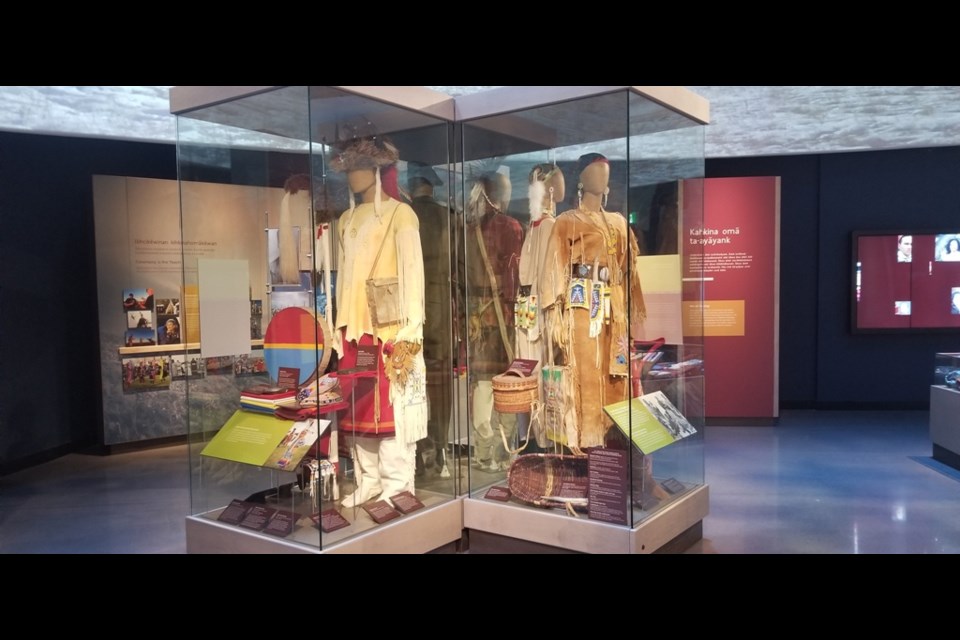Norine Tourangeau and Jennifer Herrod see the importance in teaching the youth of today about the rich cultural history of the indigenous peoples of Saskatchewan that is why visiting sites such as Waneskuwin Heritage Park would help kids to reconnect with their roots. Nehiyawak (Cree), Nahkawininiwak, (Saulteaux), Nakota (Assiniboine), Dakota and Lakota (Sioux), Denesuline (Dene/Chipewyan), and Metis were some of the First Nations in the province.
Tourangeau, who was accompanied by her co-teacher Audrey Ben, and Herrod were among the teachers who took advantage of a special appreciation day for teachers organized by the Wanuskewin Heritage Park Authority — a non-profit organization administered by a board composed of 12 directors that consists of indigenous, Elders who represent the various First Nations communities in the Wanuskewin area, and non-indigenous members.
Teachers were given free admission to the park for the whole day where they only needed to present any proof that they are teachers, like teaching certificates.
“We really appreciate that we are being recognized on this day and we feel really honoured that Monday is National Indigenous Peoples, National Aboriginal Day,” said Tourangeau, who is a sixth-grade teacher at Wâhkôhtowin School — formerly Confederation Park Community School.
She said that teachers like her and Ben have been working hard to educate the younger generation about the history, cultural, and relational teachings of the First Nations to let them learn about their roots and the lives of their ancestors. “So, that our students and generally anyone who wants to learn can take part to bring on an understanding of relationships.”
“Language revitalization is really important within the indigenous communities and there is a resurgence of it. It is very important to bring back our languages. The Meha’win and Cree ways of knowing and doing is really essential to understanding who we are individually and personally, and with our relationships with others in our families and communities.”
Herrod, who teaches a Grade 2 and 3 split class at Silverwood Heights School, said she loves to bring her students to the park , “because it is an authentic way for them to connect with the land and Mother Nature. Having an experience like this, as a settler teacher, I would not be able to give it to them.”
“I’m a white-European [descendant], I don’t have the background and it is not my history to tell but I sure enjoy learning about [the history and culture of the land] and passing on those teachings that I can get from coming out here. My students know it isn’t my story to tell but I sure like bringing them out here and giving them the authentic way to learn.”
She added that she brought her class to Wanuskewin last week to do the Bison and Medicine Walk tours. “The students are always engaged. Always learning. They can smell the grass and sage. It is just a beautiful place to come and learn, and to let the land be our teacher.”
Wanuskewin Marketing and Communications director Andrew Macdonald said that facilities at the park increased by 50 per cent after recent renovations were made that included a new restaurant, gift shop, conference and meeting rooms. They also added brand new state of the art exhibits and displays.
“We want our guests to hike the trails, use the new playground, and visit the bison. There is a lot of outdoor space to discover and so guests will have the opportunity to safely gather but distance outdoors with their families,” Macdonald said.




